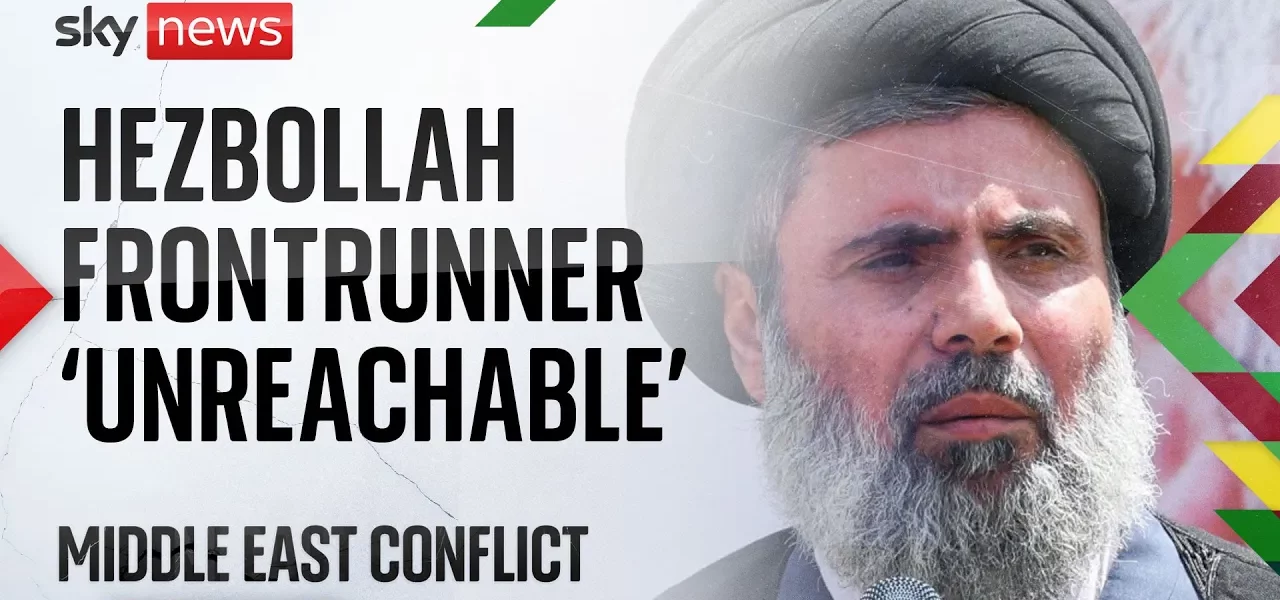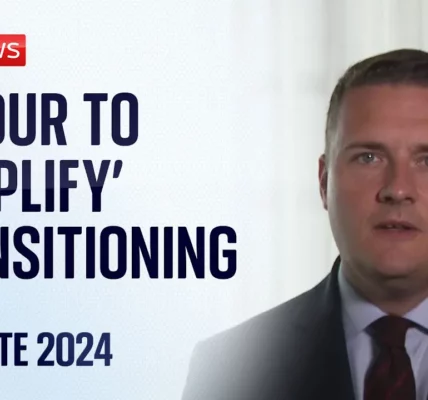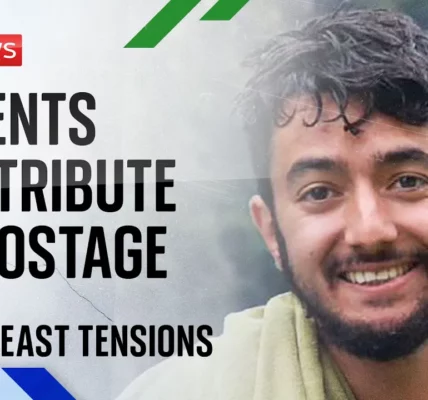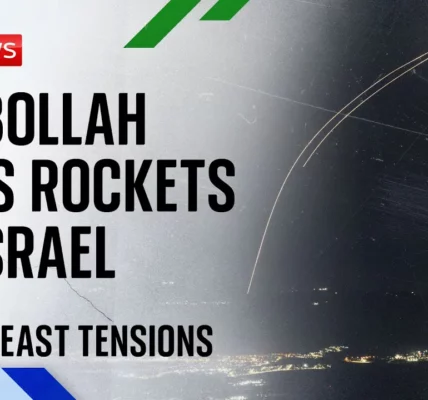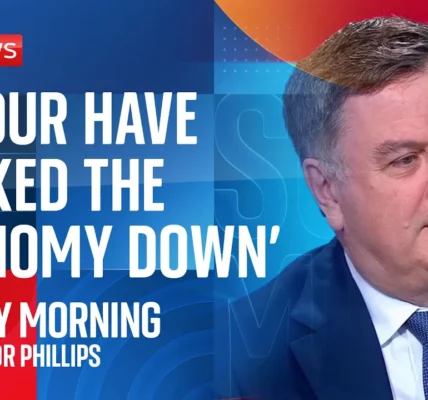Beirut Under Siege: The Impact of Israeli Strikes on Civilians

This article delves into the recent Israeli military operations in Beirut, focusing on the humanitarian crisis unfolding amid ongoing strikes, the implications for civilian safety, and the broader geopolitical context.
Introduction
The ongoing conflict in Lebanon has escalated dramatically with continuous Israeli strikes targeting key areas, particularly the southern suburbs of Beirut. This article aims to explore the implications of these military actions on civilian life, the humanitarian crisis that has emerged, and the geopolitical ramifications affecting the region. As the situation evolves, it is crucial to understand the scale of destruction and the plight of those caught in the crossfire.
Recent Strikes and Their Impact
In recent days, Beirut has faced relentless bombardment, with Israeli drones constantly surveilling the area and strikes occurring throughout the day. These military operations have primarily targeted the southern suburbs, an area historically associated with Hezbollah.
Targeting of Key Figures
Among the significant military actions was a major strike in Dahia, which is believed to have aimed at killing Hashem Safadin, a potential new leader of Hezbollah. Reports indicate that he was killed before his official appointment, raising questions about the strategic objectives of the Israeli military.
Casualties and Civilian Impact
The civilian toll has been devastating, with rescue workers unable to reach the most affected areas due to ongoing strikes. The situation has become dire, with reports indicating:
- Numerous civilian injuries and fatalities.
- Destruction of homes and infrastructure.
- Increased displacement, with approximately 1.2 million people forced from their homes.
The Humanitarian Crisis in Lebanon
The conflict has led to an unprecedented humanitarian crisis in Lebanon, characterized by mass displacement and overwhelming needs for assistance. The United Nations has reported that approximately 40 health facilities have been damaged or destroyed, severely impacting the healthcare system.
Healthcare Challenges
Medical professionals have voiced concerns about targeted attacks on hospitals. One senior doctor stated:
“There are no Hezbollah positions either in the hospital or the mosque.”
Despite these assertions, the Israeli Defense Forces (IDF) have maintained that their operations are justified, claiming that Hezbollah positions are located near key healthcare facilities.
Displacement and Living Conditions
The rapid displacement of families has led to many seeking refuge in makeshift shelters, with reports indicating:
- Severe shortages of food and clean water.
- Increased health risks due to unsanitary living conditions.
- Emotional and psychological trauma among children and families.
International Response and Political Implications
The international response to the ongoing conflict has been mixed. The French President has called for a halt in arms deliveries to Israel, highlighting growing concerns over civilian casualties and humanitarian needs.
Calls for Ceasefire
There are increasing calls for a ceasefire, which many believe is critical to alleviate the suffering on the ground and allow humanitarian aid to reach those in need.
Geopolitical Tensions
The conflict is further complicated by regional tensions, particularly regarding Iran’s involvement and support for groups like Hezbollah and Hamas. The IDF’s plans to expand operations on multiple fronts are alarming and suggest a protracted conflict.
Conclusion
The situation in Beirut remains precarious, with ongoing Israeli strikes leading to significant civilian harm and an acute humanitarian crisis. As the conflict continues, it is imperative for the international community to advocate for a ceasefire and prioritize humanitarian access to those most affected. The plight of Lebanon’s citizens cannot be overlooked, and urgent action is required to prevent further loss of life and suffering.
For more information on the humanitarian impact of conflicts, visit our related articles on the humanitarian crisis in the Middle East and the challenges facing displaced populations.
“`
